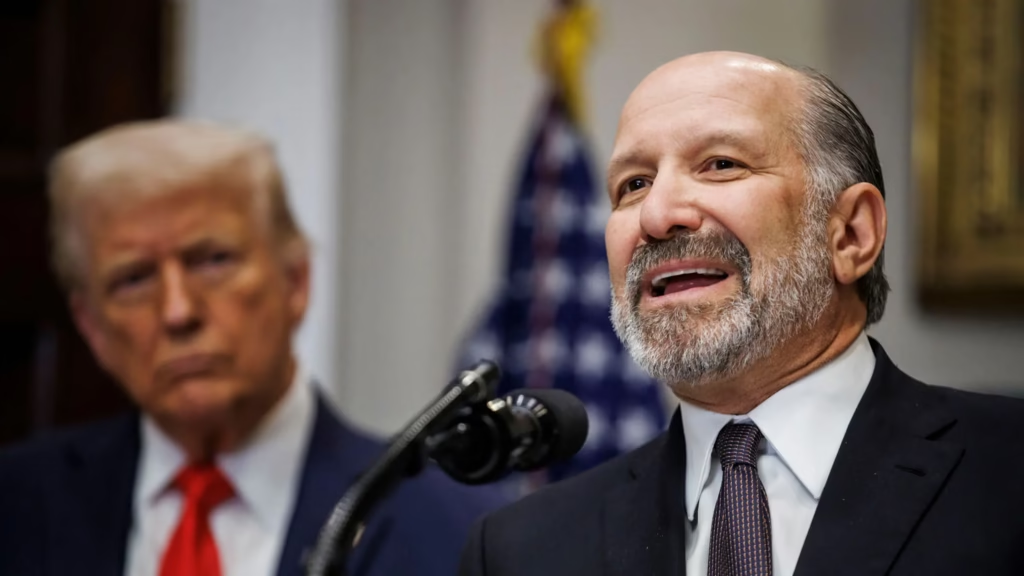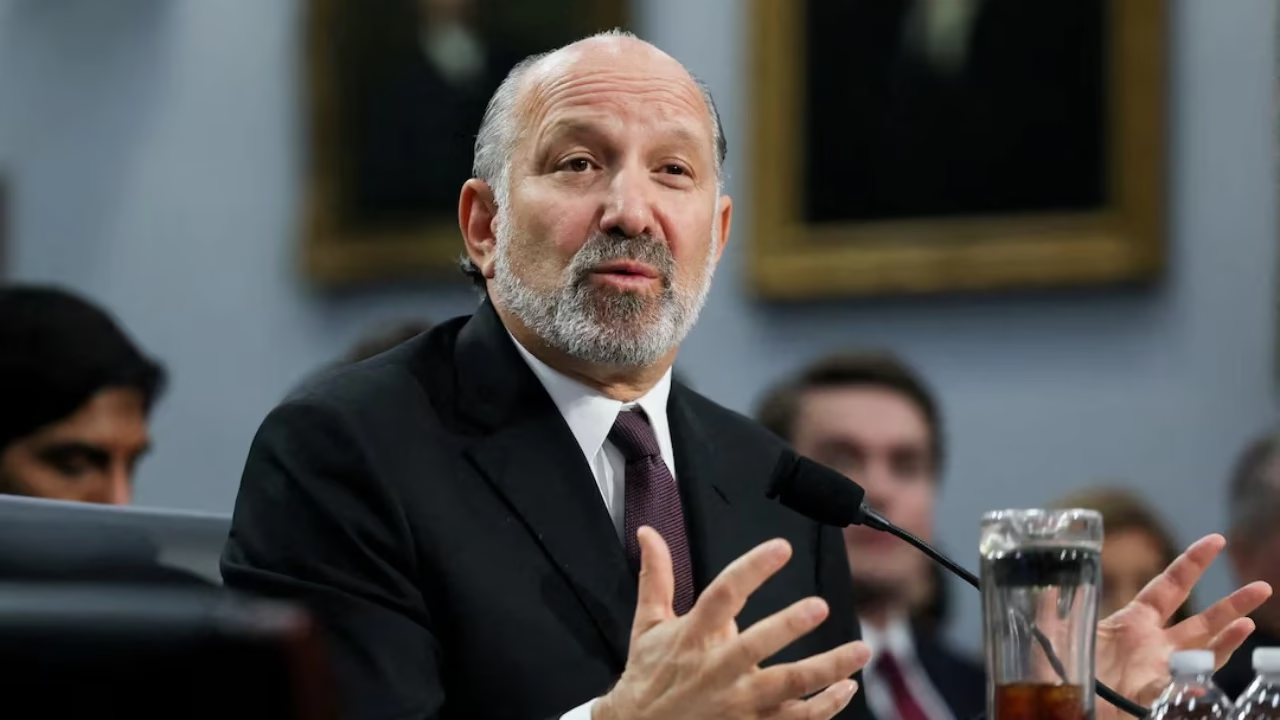
In a major policy signal with global implications, U.S. Commerce Secretary Howard Lutnick has called the H-1B visa system “terrible” and indicated that reforms to both temporary work visas and green card pathways are on the horizon. His comments have ignited fresh debate in Washington and among millions of skilled professionals worldwide, especially in India, which accounts for the largest share of H-1B holders.
The statement marks one of the strongest official acknowledgments that America’s current immigration framework for skilled workers is outdated and in urgent need of change.
Lutnick Criticizes the H-1B Visa System
Speaking at a Washington policy forum, Lutnick criticized the H-1B visa system as outdated and unfair. He argued that it fails to meet the needs of both U.S. employers and foreign workers who come to the country with ambitions to contribute to innovation and growth.
“The H-1B visa system is terrible. It doesn’t reflect today’s economy, it doesn’t support skilled professionals adequately, and it certainly doesn’t position America competitively for the future,” Lutnick said.
The blunt remark has caught attention worldwide, particularly in India, where the H-1B program is seen as a vital bridge to opportunities in Silicon Valley and beyond.
Why the H-1B Visa System Faces Scrutiny
The H-1B visa system has long been controversial. Designed to let U.S. employers hire foreign workers for specialty jobs in technology, science, and medicine, it has become a cornerstone of America’s tech industry. However, critics say the system is riddled with flaws:
- Backlogs and Delays: Workers often wait decades for green cards due to per-country quotas.
- Exploitation Concerns: Some outsourcing firms have been accused of underpaying visa holders.
- Uncertainty for Families: Spouses and children of H-1B workers live in long-term limbo.
Nearly 70% of all H-1B visas go to Indians, making them the most directly affected group. For these workers, Lutnick’s remarks may signal long-awaited change.
Green Card Changes in the Works
While Lutnick did not provide specifics, his comments hinted at major green card reforms that could accompany H-1B changes. Policy experts suggest possible measures such as:
- Eliminating or easing per-country limits to reduce backlogs.
- Prioritizing merit-based applicants in critical industries like AI, semiconductors, and healthcare.
- Streamlining processing times that currently leave applicants waiting years.
- Expanding opportunities for H-1B spouses and dependents to work legally.
Such reforms would be a lifeline for hundreds of thousands of Indian families who contribute to the U.S. economy but face an uncertain immigration status.
Impact on Indian Professionals
For India, the news is particularly significant. The H-1B visa system has shaped the aspirations of generations of engineers, doctors, and scientists. However, frustration has grown over endless waits for green cards and strict visa conditions that limit career mobility.
If reforms are enacted, Indian professionals could see faster paths to permanent residency, more stability for families, and greater opportunities for career advancement.
Tech Industry Welcomes Remarks
The U.S. tech industry, which relies heavily on H-1B workers, has long demanded reforms. Companies like Google, Microsoft, Amazon, and Apple argue that America risks losing global competitiveness if immigration rules remain rigid.
Many firms have even shifted operations to Canada, which offers more flexible immigration pathways. Lutnick’s acknowledgment that the H-1B visa system is “terrible” has been seen as a positive sign by Silicon Valley leaders pushing for modernization.
Political Challenges Ahead
Despite Lutnick’s strong words, immigration reform has always been politically divisive. Critics argue that expanding the H-1B program could displace American workers and depress wages. Some lawmakers are likely to resist changes, demanding stricter oversight instead of liberalization.
This divide in Congress may determine whether Lutnick’s vision of reform can be turned into law or remain rhetoric.
Why the Debate Matters in 2025
The stakes could not be higher. With artificial intelligence, clean energy, and advanced manufacturing driving the global economy, the competition for talent has intensified. Countries like Canada, the UK, and Australia have rolled out aggressive policies to attract skilled immigrants.
For the U.S., failing to fix the H-1B visa system could mean losing top talent to competitors. Lutnick’s comments underscore a growing recognition that America must adapt its immigration policies to stay at the forefront of innovation.
Conclusion
By calling the H-1B visa system “terrible” and promising changes to the green card process, Commerce Secretary Lutnick has set the stage for one of the most significant immigration debates in recent memory. For Indian professionals stuck in backlogs and for tech companies dependent on global talent, his remarks signal both hope and uncertainty.
Whether Washington can overcome political gridlock to deliver real reform remains the big question. But one thing is clear: the future of the H-1B visa system will play a decisive role in shaping America’s competitiveness in the years to come.



